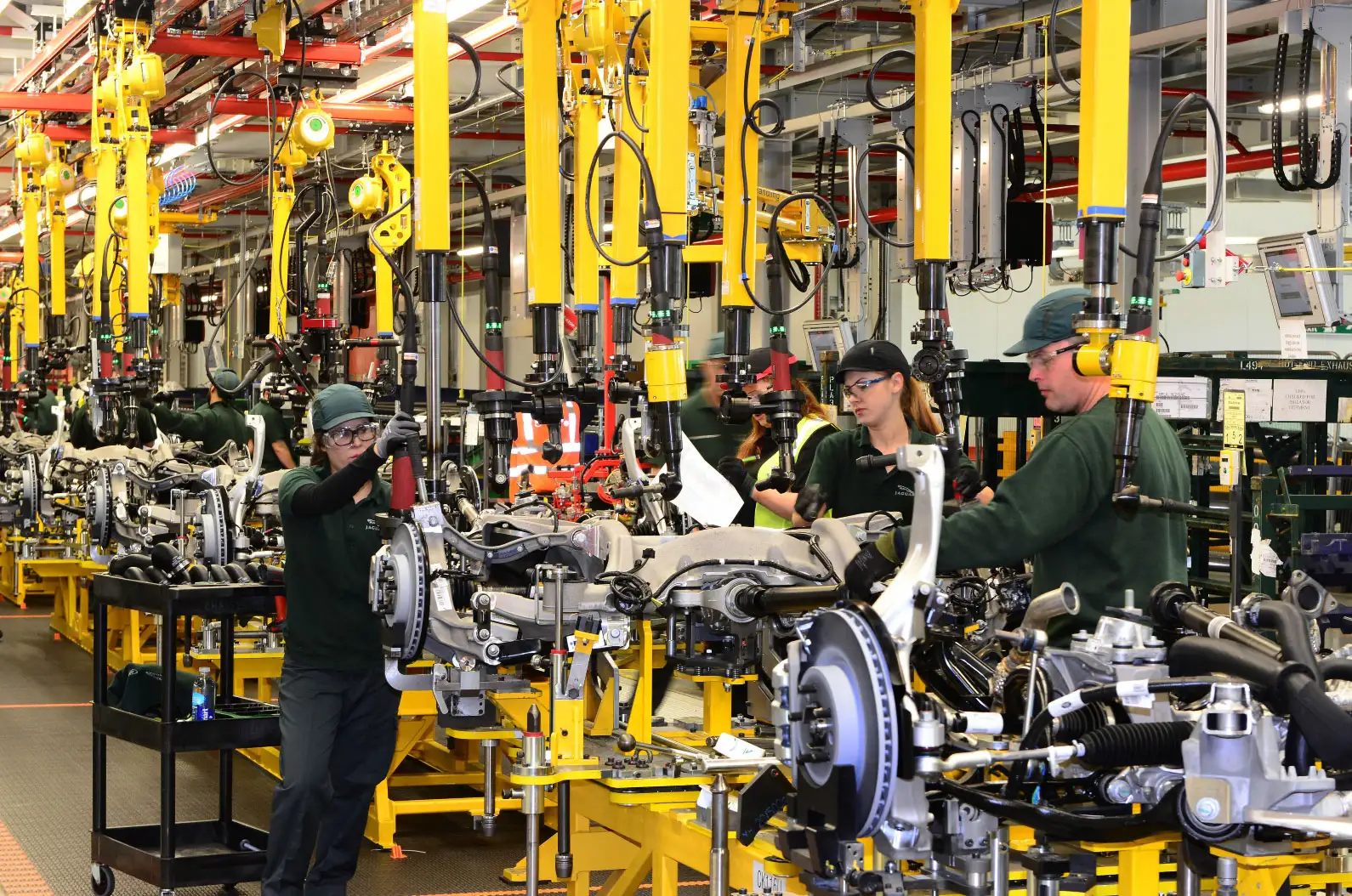Meaning
*Trade means the process of exchange of goods and services. Trade refers to the buying and selling of goods and services with the object of earning profit.
*Trade establishes a link between production and consumers and it is carried out by buying and selling.
*There are two types of trade
1} INTERNAL TRADE
2}EXTERNAL TRADE: Import, Export.
1}INTERNAL TRADE:-
1}WHOLESALER TRADE
2}RETAIL TRADE
1}WHOLESALER TRADE: Market trade, Street trade etc.
2}RETAIL TRADE:
Fixed shop retailers: {1}Small:{1} General Stores,{2}Second hand Goods shops {3}Authorized dealers
{2}Large: {1}One Prices shops {2}Departmental Stores {3}Supermarket Stores {4} Malls
Channel of Distribution:
Producer/Manufacturing -Wholesaler -Retailer -Consumer
Wholesaler:
A wholesaler purchases goods from the producer in large quantities.
A wholesale deals with one or few types of goods.
A large amount of capital is required for this business.
A wholesale of the goods to the retailer or per their requirements.
A wholesale performs the marketing function like
{1}Transportation
{2} Packing
{3} assembling
{4}Warehousing
{5}Grading
{6}Advertising and a retailers
Service of Manufacturers:
1 Large product: A wholesaler purchases a large quality of goods from the manufacturers and sells it to the retailer by collecting orders from retailers.
2 Storage: A Wholesaler has their own storage facility which he uses to fill the time gap between the production and consumption of goods.
3 Transportation: A Wholesaler uses his Own transportation to deliver the goods from the place of production.
4 Marketing Function: A Wholesaler carries marketing functions like warehousing sales promotion etc on behalf of the Manufacturers.
5 Provide market information: Manufacturers can get updated information from wholesale like market condition demand tests etc.
Services to Retailers:
1 Stock of Goods: Wholesalers keep a large stock of goods easily when the consumers ask for the goods.
2 Risk: The wholesale bears the risk of price and market fluctuation, Large stocks of goods, therefore, is free from these risks.
3 Financial Support: Wholesalers provide Financial support by way of credit facility discounts etc. Such support increases the effect of the working capital on the retailer
4 Regular supply: A wholesale assures a regular supply of goods to the retailers. Therefore retailers are free to store goods. Retailers can supply goods to consumers as and when required by them.
5 Market Information: Wholesalers provide a variety of information about the market condition of different products. This information is regarding new products, variants of producer new schemes on existing etc. Sometimes, wholesalers guide retailers about when to buy, how to buy etc.
6 Sales Promotion: A Wholesaler does advertisement and also of the goods which can help the retailer to increase the sales
Services to
Wholesaler:
Helps to Distribute: Retailers help to quickly distribute goods. It becomes very important, in the case of perishable goods like dairy products, fruits, vegetables, pulses etc.
Marketing: If the wholesaler is unable to carry out marketing functions, retailers conduct them. Sometimes he handles transportation on his own. Sometimes he tries to solve shortage problems or advertises for better sell.
Provide
Information: The retailer provides information about the changing demands, preferences,
likes and dislikes
Connecting link: The retailer is the connecting link between the wholesaler and the consumer.
Services to Consumers:
1] Regular Supply of Goods: The retailer stores a sufficient quantity of goods as per the requirement of consumers. Goods are available to consumers when they are in need.
2] Local Convenience: Retailers are normally situated near residential areas. This offers local convenience to the consumers as they can purchase goods at their convenience and time.
3] Home Delivery: Many retailers provide home delivery of goods to customers at nominal cost or free of cost. This improves the relations between consumers and retailers.
4] Variety of Goods: Many retailers keep different varieties of goods, this offers the consumers a proper selection of the required commodities of their choice.
5] Credit Facilities: The retailers give credit facilities to their regular consumers, which helps the consumers to purchase goods as and when they are in need. It helps many consumers who need more money. Credit facility by retailers creates a large customer base for the business.
6] After-Sale Service: Some retailers do provide after-sales services to consumers for durable products such as laptops, mobiles, television sets, music systems, refrigerators etc. at cheaper rates. Such services create confidence in the minds of consumers for further purchases.
7] Information: Retailers provide valuable information about goods, their qualities as well as varieties, and new arrivals in the market which helps to choose the better products. Such information facilitates quick buying for consumers and helps to build a good image in the minds of consumers.




Comments
Post a Comment